|
“Young at Heart” Message We hear references to shepherds and sheep quite often in Biblical scripture. We intuitively understand what a shepherd is and what it means to watch and care for a flock because we’ve seen images, and the references to the work of a shepherd come up often enough in scripture that we feel like we can understand it. When you do an internet search for “shepherd and flock” you get a variety of images like this one: We assume that watching a flock means wandering around in beautiful mountain regions with a flock of sheep and maybe a dog. Sounds like a great life! The reality is, I have no idea what it means to be a shepherd, and neither do most of you, I’m assuming. But, I do know what it’s like to live with one! Well, kind of… For those of you who haven’t met my dogs yet, the white one is Lacey and the brown and white one is Lyra. Lacey is a purebred Great Pyrenees and Lyra is half Pyrenees and half Saint Bernard. Great Pyrenees are livestock guardian dogs. In other words, they are ”shepherds.” Perhaps not in the way we envision shepherds in the Bible, but they do the work of a shepherd and they take their work very seriously. Oddly enough, their work is more like the work of a “shepherd” in the Biblical sense than the work that shepherding dogs like Border Collies or Cattle Dogs do. Livestock guardians are not concerned about control, but about safety and protection. This breed is specifically created to watch over flocks of sheep. They are bred to keep the flock safe from predators primarily, but also to keep them from injuring or harming each other. A livestock guardian dog can go from this: To this in a matter of seconds. Guardian dogs sleep with one eye open, and both ears alert at all times. They are always ready to jump into action if there is a threat to their flock. They live in harmony with their flock because it isn’t about control – it is about mutual curiosity, compassion, and concern for safety. It does not matter what the weather is like – a guardian dog braves the elements with the flock. They are not about to leave their flock to ease their own discomfort. Guardian dogs may seem like they have a tough outer shell, but they are soft and caring and nurturing to those in their flock. It may sound silly, but these dogs offer a real-life example of what is meant when we talk about shepherds in the Bible.
And this is an important distinction because today, we heard two different scripture passages that reference shepherds and sheep. The Message But these passages also reference kings, and today is Reign of Christ Sunday, where we lean heavily into this notion of kingship and kingdoms. So, while shepherds and flocks invite imagery of compassion, safety, and protection, the terms “king” and “kingdom” invite imagery of power, control, and patriarchal societies that imply authority rather than mercy, safety, protection, and healthy leadership. So let’s talk about all of this imagery in these passages and what it might mean for us today. Both of these passages ultimately offer us insights around justice issues. In the Ezekiel passage, God is speaking first about gathering the scattered flock. It offers us a sense that God would reach us no matter how far we strayed from safety – no matter how far into the depths of darkness and despair we walk. It begins with this sense of hope that no matter where we end up, God will find us and bring us back into God’s grace and mercy. But then, there is also a word of what I would call caution. God also gives a warning: Is it not enough for you to feed on the good pasture, but you must tread down with your feet the rest of your pasture? When you drink of clear water, must you foul the rest with your feet? And must my sheep eat what you have trodden with your feet and drink what you have fouled with your feet? In other words, God provides us with this safety and protection, not so that we can be selfish and take what we desire while ruining the rest for others, but so that we can share the abundance God provides and use it to lift up and serve those around us. The shepherd or guardian does not protect us from the wolves so that we can go and harm each other instead. The livestock guardian dog does not keep the coyotes from killing the sick or weak only to have the healthy and strong members of the flock kill the sick or weak instead, even if unintentionally. God does not protect us and pull us from the depths of despair only to have us turn around and harm our fellow humans or the environment which God created for all of us to share. This passage in Ezekiel makes it clear that we must be careful not to allow ourselves to become the strong that overpower or overshadow the weak. Likewise, the passage we heard from Matthew supplements the Ezekiel passage well. We might struggle to understand what it would be like to be under the rule of a king because our government and society is set up very differently than it was in Jesus’s time. But, it is helpful to remember that the people Jesus is speaking to do know what it’s like to live under the rule, power, and authority of a king. That type of leadership could be damaging, but it was leadership that the people understood. From the throne, the king separates the people. Jesus uses the imagery of the shepherd to illustrate the separation of the goats from the sheep. On one hand the sheep are the blessed – those who clothed him when he was naked, fed him when he was hungry, and welcomed his as a stranger. The people considered the “sheep” wondered when it was that they fed him, clothed him, and welcomed him. Jesus tells them that they did these things to him whenever they did them to the least of them. On the other hand are the goats, who did NOT clothe him when he was naked, feed him when he was hungry, or welcome him as the stranger. And once again, the “goats” wonder when exactly they did NOT do these things? And Jesus tells them that when they did not do these things to the least of them, they also did not do them for Jesus. The reason Jesus chooses to create this separation between “sheep” and “goats” is so that they understand this notion of power and control and kingship. He is trying to illustrate for them the difference between the kingdoms of authority and power and control that they are used to, and the kingdom of heaven, which is quite a different type of kingdom. It is a different type of kingdom because Jesus is a different type of king. And this is why we talked so much about the imagery of the shepherds. Jesus is not a king who is concerned about power and authority and control. Jesus is reframing what it means to be a king, and likens it instead to being a shepherd. A guardian. A leader. A protector. Jesus reigns because Jesus is willing to step into the darkness, into the unknown – he is willing to search for the lost, to protect the weak, and to feed the hungry. And in his kingdom, he invites us to do the same. When we do these things for the least of us, we do it for Jesus as well. And, when we do NOT do these things for the least of us, we also do NOT do them for Jesus. Jesus invites us into this kingdom not because he expects to control us, but because he expects us to live out his example. He expects us to lean into this notion of protecting and supporting those who are weaker than we are, just like we hope to be supported when we are weak or vulnerable. Just like livestock guardians live to protect their flock and do not want to see the flock harm each other, Jesus lives to protect us and does not want to see us harm one another. Any harm we do to each other, we also do to Jesus. As we join Jesus in his kingdom and we celebrate his reign, we must remember that we are invited to become like shepherds – protecting, serving, clothing, feeding, and welcoming one another as well as the stranger or neighbour. As we celebrate the Reign of Christ today, may we remember that his kingdom is very different than the traditional kingdom we imagine. Jesus’s kingdom is one of love, compassion, care, and mercy. May we live out the ideals of this kingdom in our everyday lives, serving one another, caring for one another, and welcoming one another into the glory of Christ’s kingdom. Amen. God of healing and transformation, we hunger and thirst for your abundant life. We bring you our sorrow and ask for the bread of joy; we bring you our despair and ask for the bread of hope; we bring you our weariness and ask for the bread of inspiration. Meet us here. We need the bread of heaven to sustain us as we journey to find our way, that we may we be one with you. In Jesus' name, we pray. Amen.
0 Comments
Leave a Reply. |
AuthorRev. Jamie Almquist is the pastor at Good Shepherd Moravian Church in Calgary. Archives
July 2024
Categories
All
|
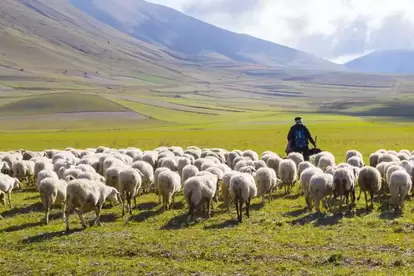
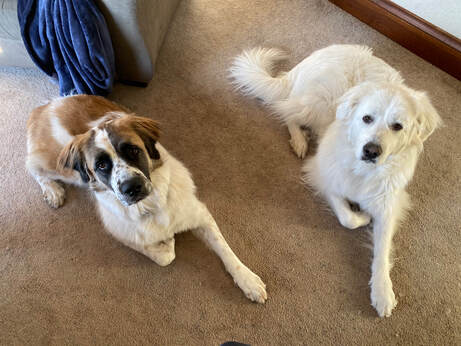
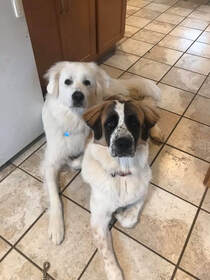
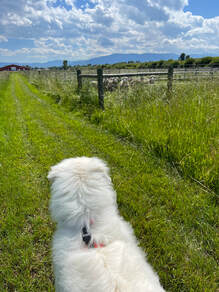
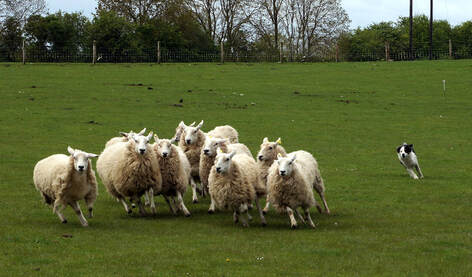
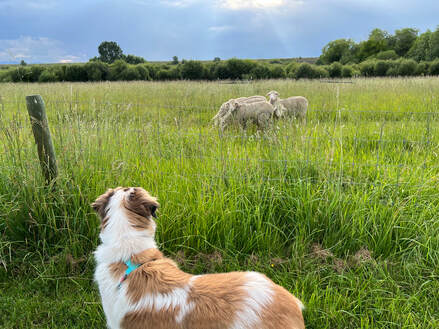
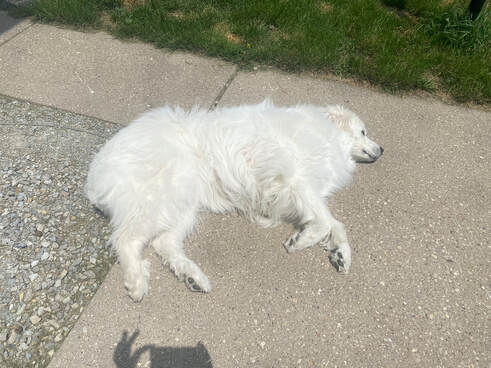
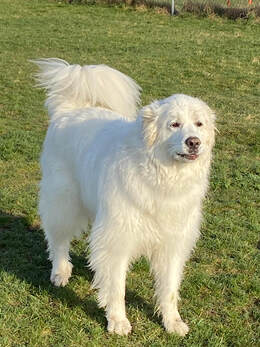
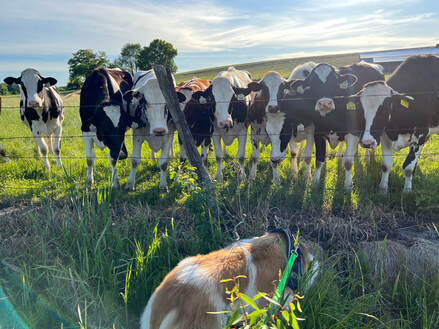
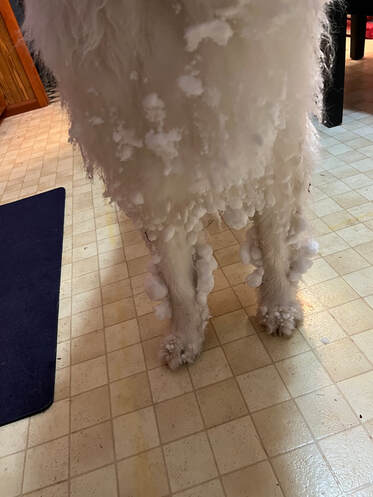
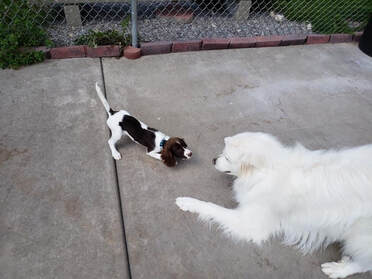
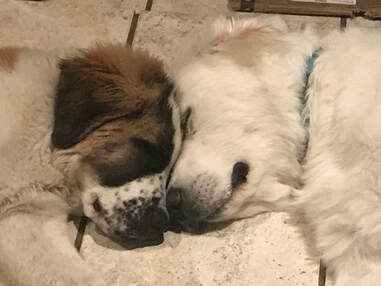

 RSS Feed
RSS Feed